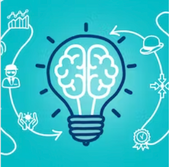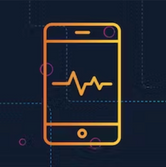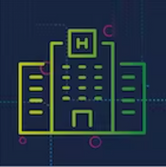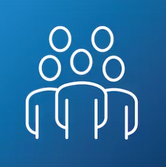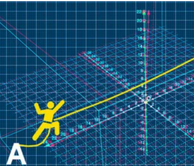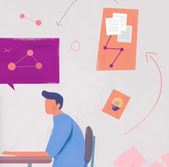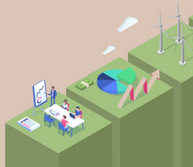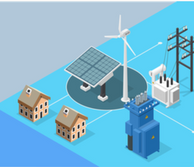Working with us
.png)
Design & Development
.png)
Delivery & Support
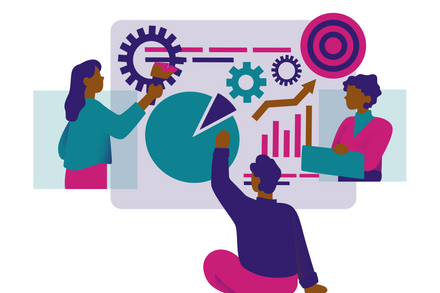
Evaluation & Analytics
What is Digital Education?
Digital education is the innovative use of digital tools and technologies during teaching and learning, and is often referred to as Technology Enhanced Learning (TEL) or e-Learning.
Digital education is an umbrella term for any “education that is conducted at least partly in, with or through digital technologies. This is a deliberately broad definition that could encompass the use of technology in traditional classrooms, blended learning (which combines online and face-to-face instruction) and education that takes place entirely online.” (Allan, 2019).
Exploring the use of digital technologies gives educators the opportunity to design engaging learning opportunities in the courses they teach, and these can take the form of blended or fully online courses and programmes.
Our approach to co-creation of learning experiences
A learning experience can take various forms, across different contexts and settings, and aim to 'transform the perceptions of the learner, facilitate conceptual understanding, yield emotional qualities, and nurture the acquisition of knowledge, skills and attitudes' (International Bureau of Education, UNESCO, 2022).
In Higher Education settings, ideal learning experiences are challenging, rich, engaging, meaningful and learner-centred.
In the IETL, our approach is co-creative in nature and integrates instructional design methodology (e.g. ADDIE, Carpe Diem, ABC, LXD), pedagogic frameworks, and learning science. It follows a structured co-creation cycle (shown) of 4 main phases (design, development, delivery, evaluation), which are further chunked into sub-phases, milestones, and deliverables.
Principles underpinning this approach:
- Iteration – ensuring that the learning experience is reviewed, prototyped, tested, and quality assured throughout the cycle.
- Interdisciplinary – drawing on multiple domains, disciplines, practices, perspectives to work together in producing a learning experience.
- Project-based – aligning the work to aims and tangible outputs; helping the multidisciplinary team work to towards clear milestones, deliverables, deadlines, and core standards.
- Collaboration – adopting a culture of valued contribution, clear communication, shared decision-making throughout the co-creation process.

.png) Working with us
Working with us
Our team is made up of different experts and can support you through the various stages of the life cycle represented above.
We support and co-create a varied range of types of projects, not limited to learning experiences but across innovation and technology enhanced solutions to teaching and learning problems and questions.
We would love to hear from you, and welcome you to get in touch either by email with a member of the Leadership team or by submitting a Project Proposal.
Coursera
Examples of Imperial's Live Open Course Catalogues on Coursera
edX
Examples of Imperial's Live Open Course Catalogues on edX
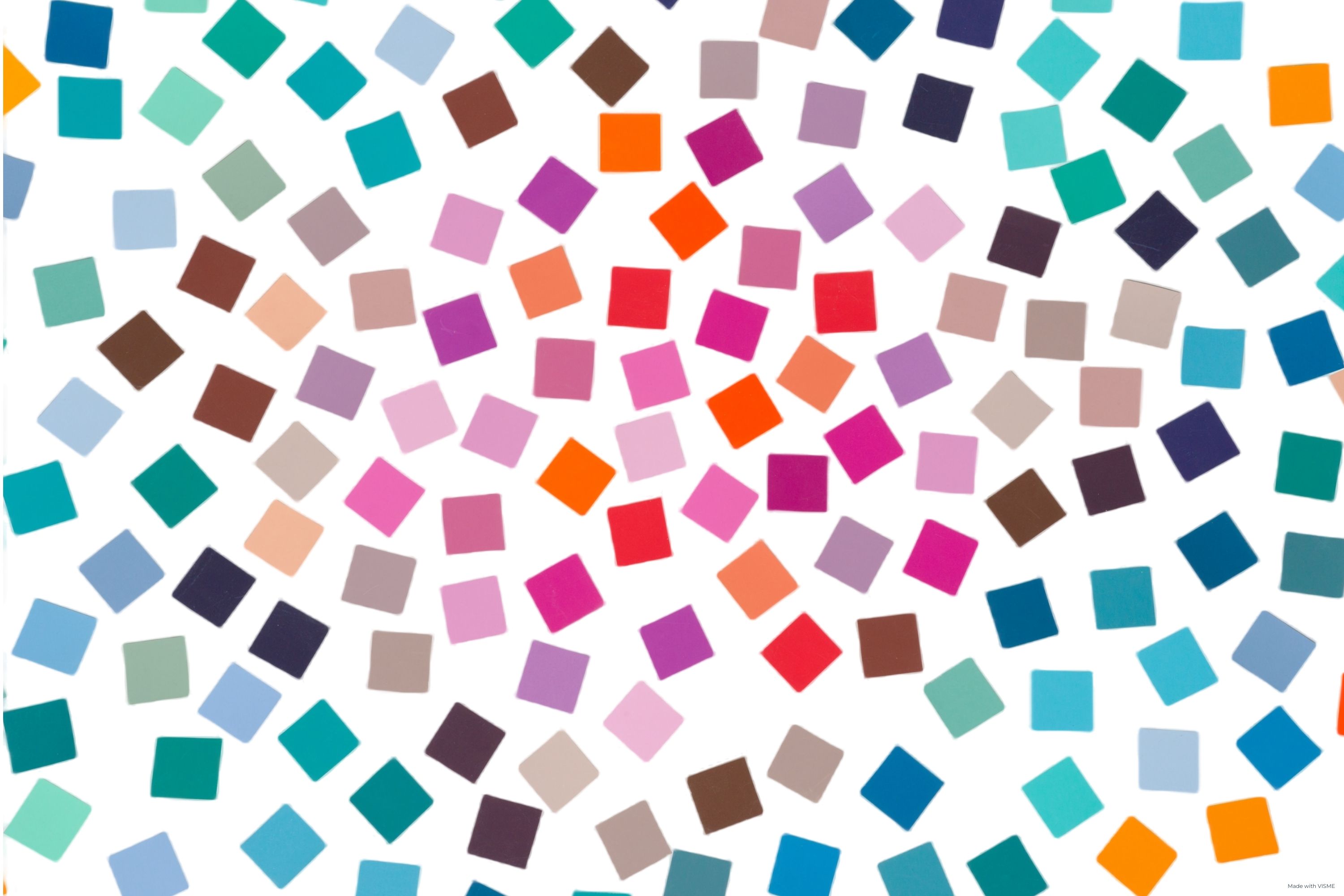
Useful links
Some learning experience examples:
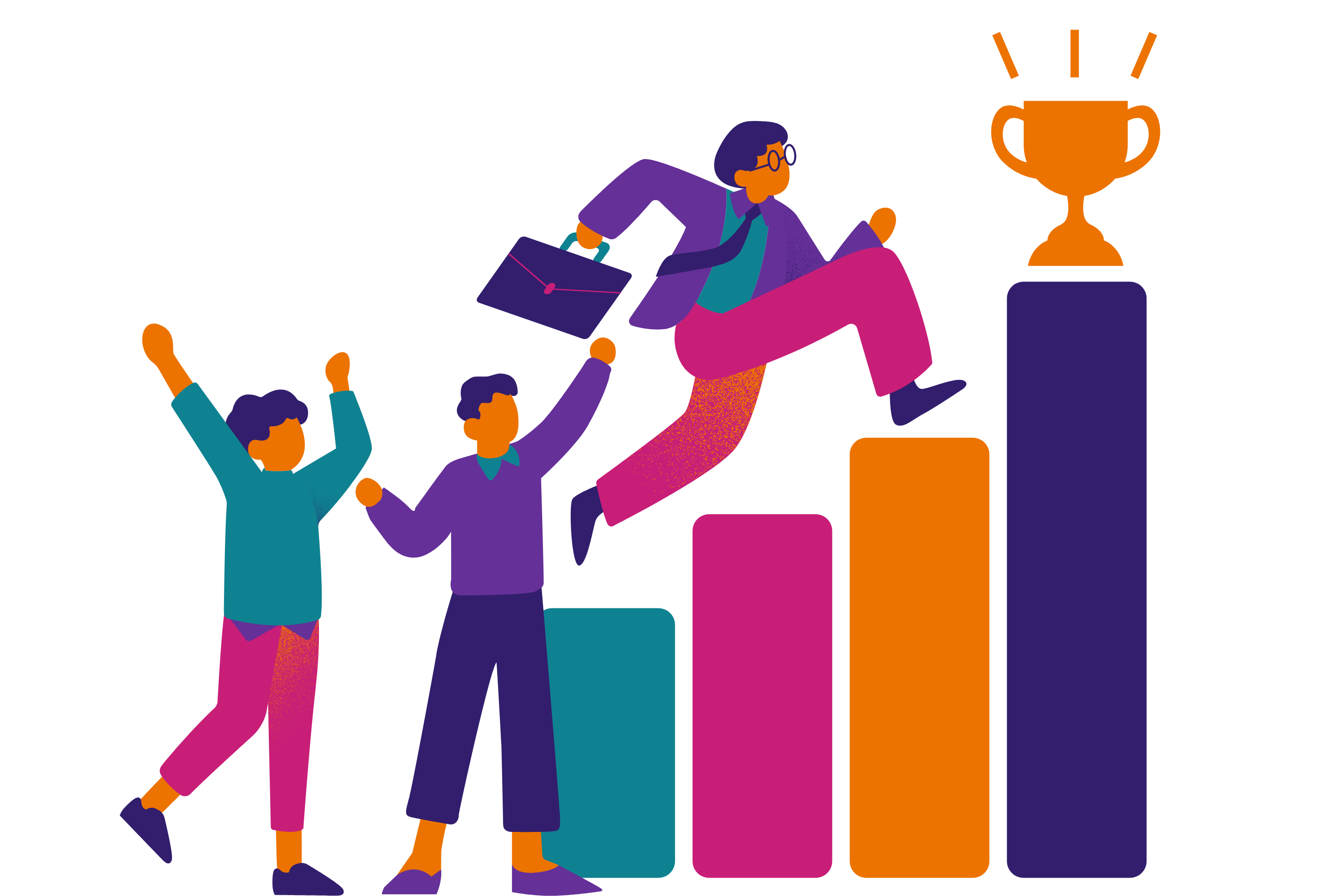
Credit bearing
- Online degrees
- Blended modules and programs
- Accredited courses
- Micro-credentials
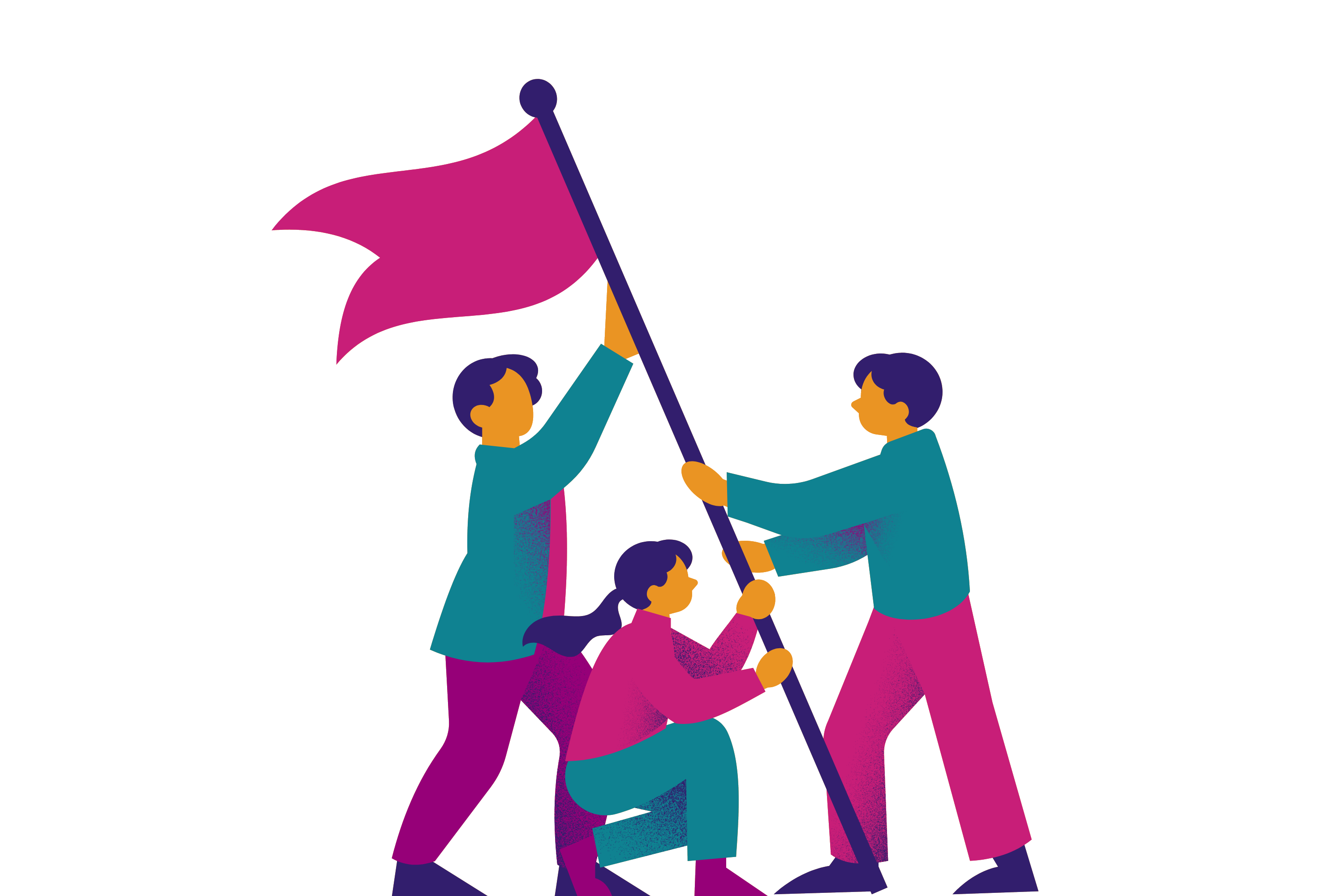
Non-credit bearing
- Open courses (MOOCs, Professional Certificates)
- Workshops
- Simulations
- Learning games/apps
- Webinars
